
Comic books have long been a reflection of American ideals, serving as a medium to inspire and entertain, but flip open a modern comic, and you might wonder if you’ve landed in Bizarro World. Our boy in blue, Superman, traded in his “truth, justice, and the American way” for something that sounds like it came out of a corporate boardroom. And Cap? Well, he’s been having a bit of an identity crisis. Spider-Man’s gone from “with great power comes great responsibility” to “with great power comes great therapy bills.”
It’s like the comicbook industry has decided that being a hero is just too darn aspirational.

Thankfully, America’s been riding a wave of renewed patriotism lately, and many people are beginning to feel optimistic about the future again, contrasting sharply with the sentiments expressed in contemporary comic books. With the recent revelations of DOGE, some have begun to wonder if the push for progressive themes in comics has been artificially supported by funding from various organizations, including government-backed initiatives. If true, it would explain why the industry seems to be out of touch with its core audience, and many fans feel alienated by the new direction.
Related Donald Trump Cancels U.S. Govt Funded Transgender Comics in Peru
Wes and Dok from the Thinking Critical podcast recently chatted about modern comicbook publishers breaking their legacy superheroes, and writing them to go against the very ideals they once fought for, rejecting traditional American values.
Why Comics Are Rejecting Traditional American Values
As Wes and Dok explain, the deconstruction of classic comicbook heroes began back in the 1980s, with works like “Watchmen” and “The Dark Knight Returns” introducing flawed characters that strayed from the archetypal hero narrative. While this approach offered a fresh perspective, it also marked the beginning of a trend that would see many beloved characters stripped of their heroic qualities. Soon, characters such as Spider-Man, once emblematic of resilience and the hero’s journey, were reimagined in ways that diminished his appeal. Instead of showcasing growth and perseverance, modern interpretations often portray Peter Parker, and other heroes, as perpetual victims of circumstance, reflecting a broader cultural narrative of dependency rather than self-reliance.
The moral landscape of comic books has also shifted dramatically. The once-clear ideals of right and wrong have been replaced with a postmodern view that lacks absolute truths. This has resulted in a narrative where traditional values are often vilified, and characters that embody these ideals are portrayed as flawed or misguided.

Captain America, a character synonymous with American patriotism, is frequently critical of his own country in modern comics. This shift not only alters the character’s core identity but also reflects a broader trend within the industry to distance itself from patriotic sentiments. This kind of “deconstruction” mostly serves to alienate longtime readers who were originally attracted to the traditional depiction of the Star Spangled Avenger, and the industry’s failure to attract new readers has led to declining sales and a shrinking market. Many fans are turning to alternative forms of sequential art storytelling, such as manga, which often represents traditional values.
Despite the current state of the comic book industry, there may still be hope for a resurgence of American values. With the re-election of President Donald Trump, we’re once again seeing a celebration of patriotism. The comic industry would be wise to adapt to this cultural shift. The potential for a return to storytelling that embraces traditional American ideals is on the horizon, but it will require a significant change in both personnel and narrative direction.
*****

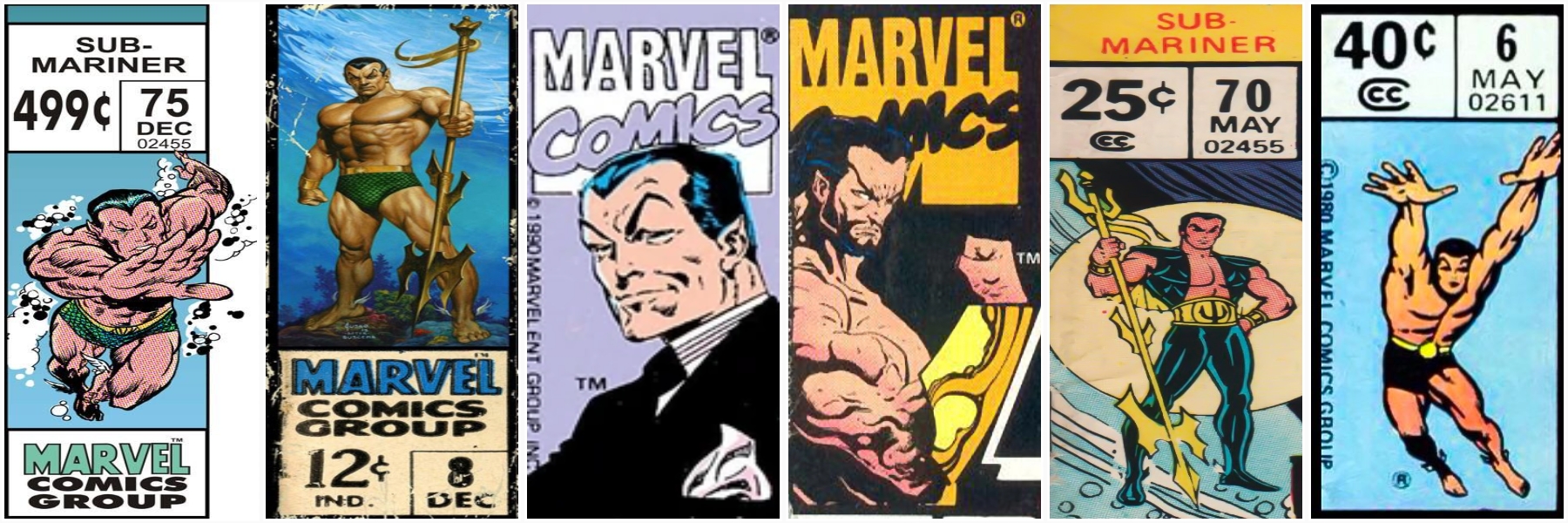


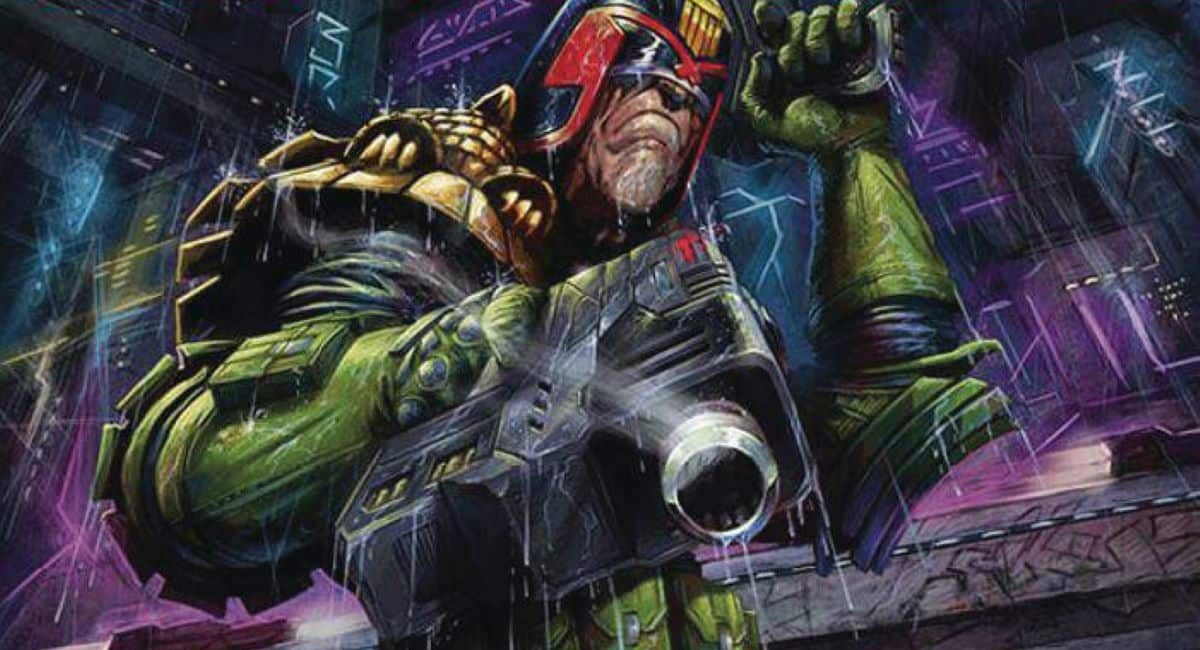
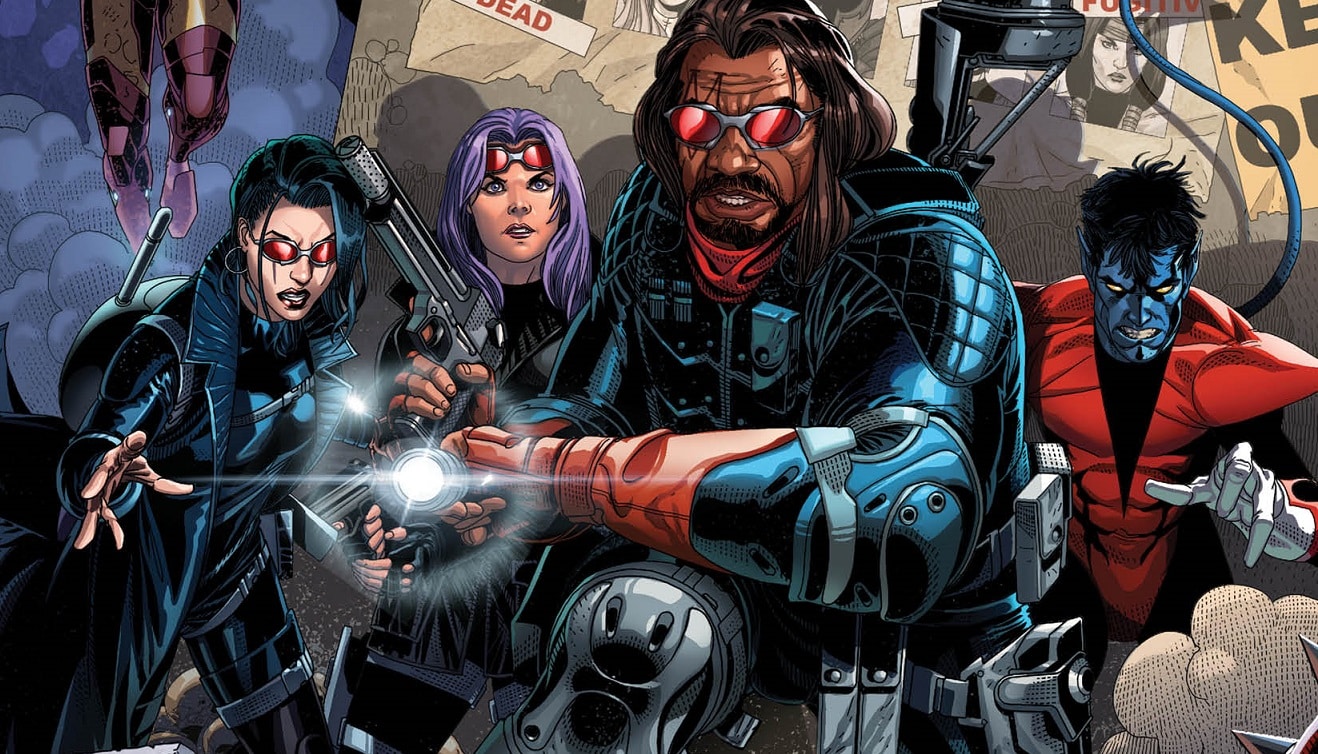


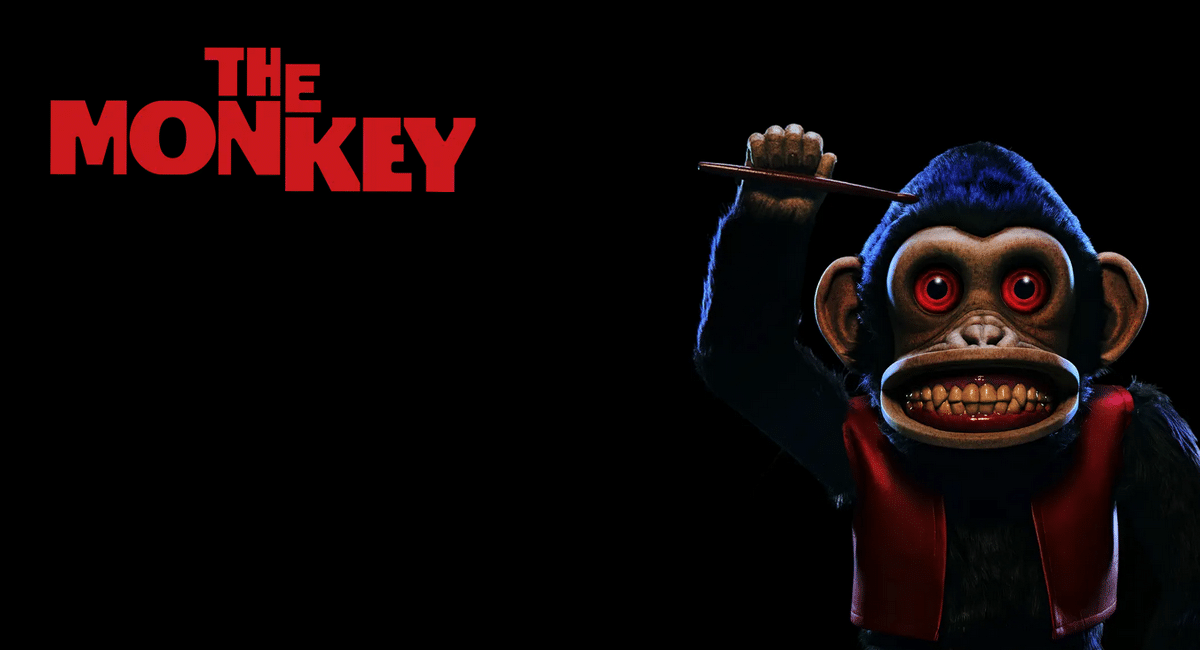

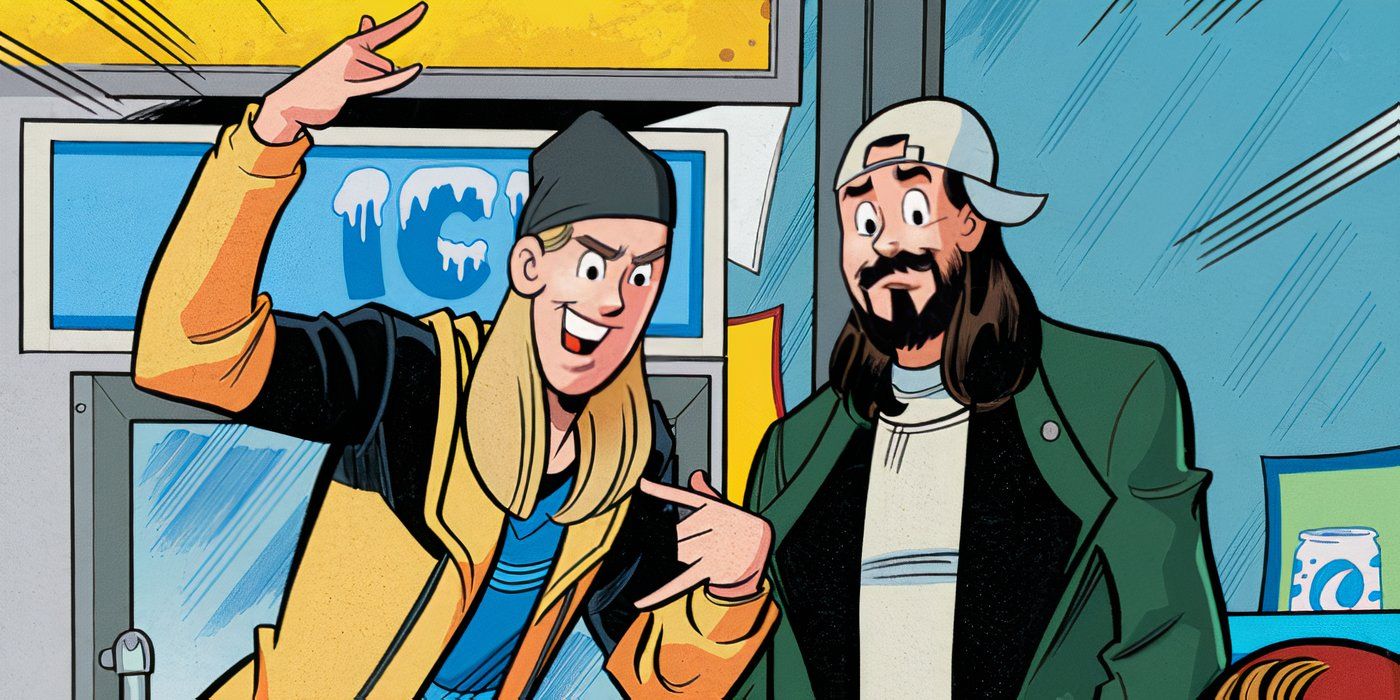

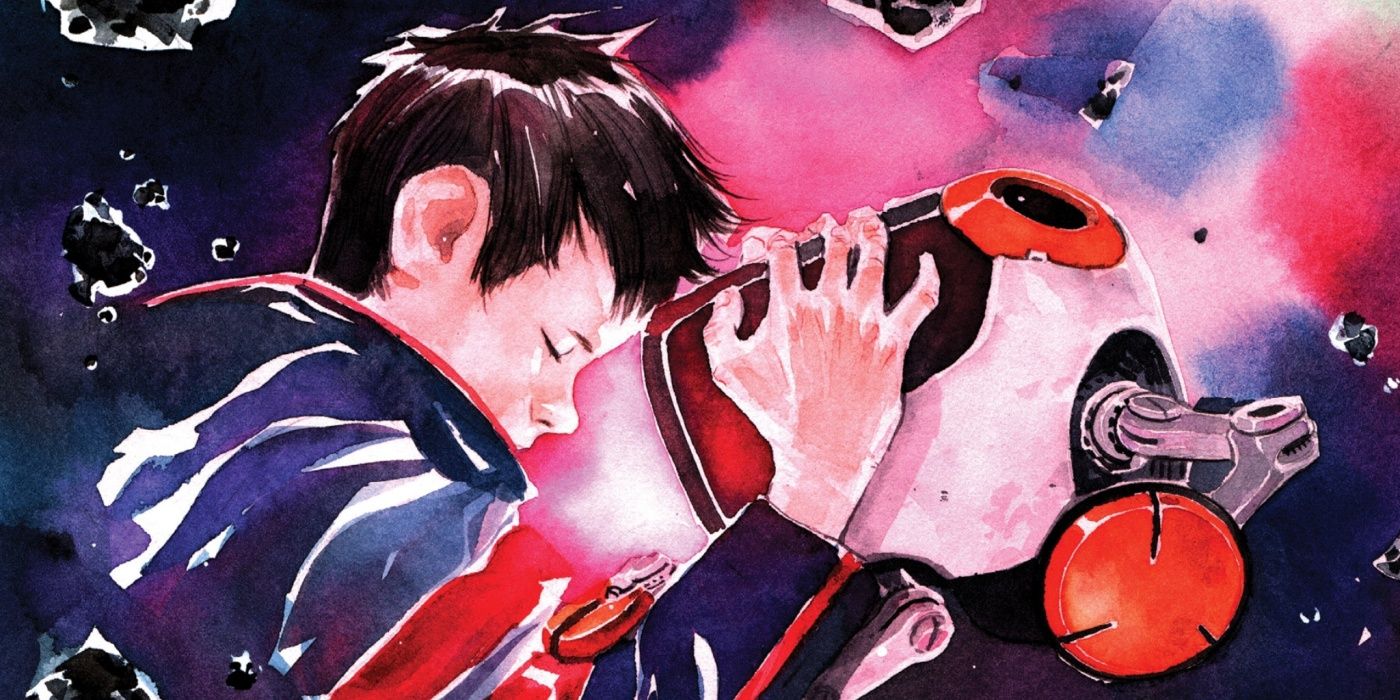


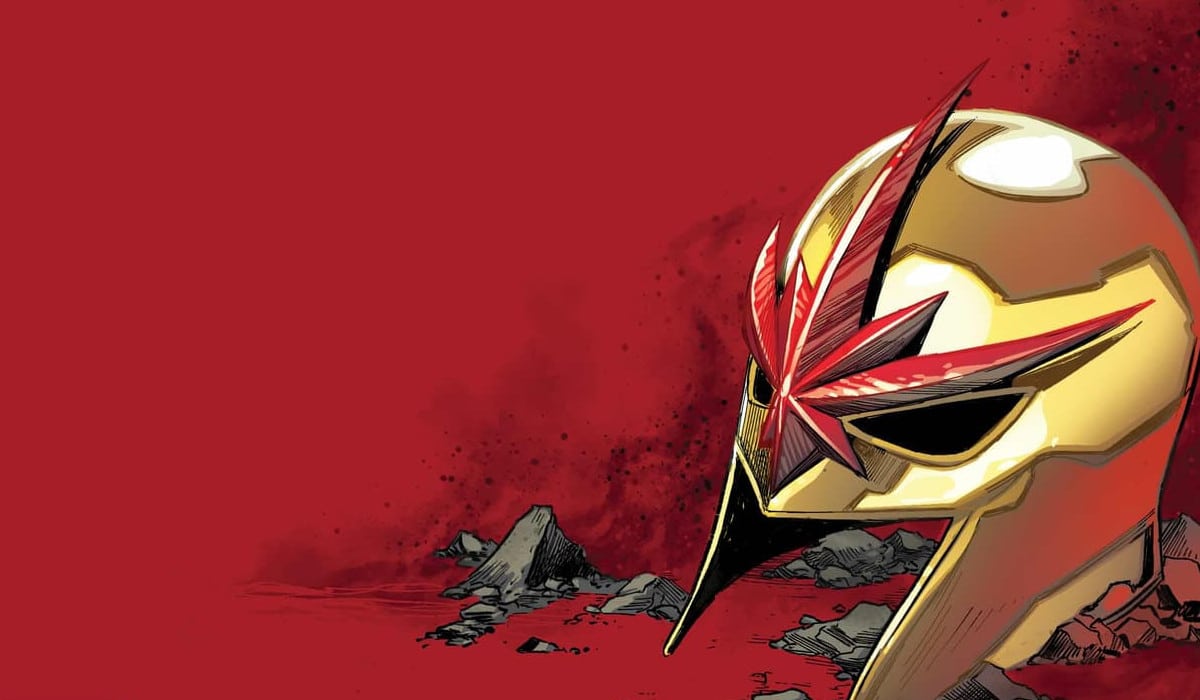

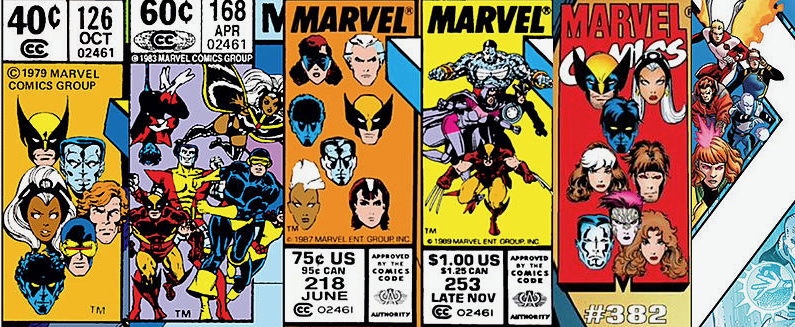

 English (US) ·
English (US) ·